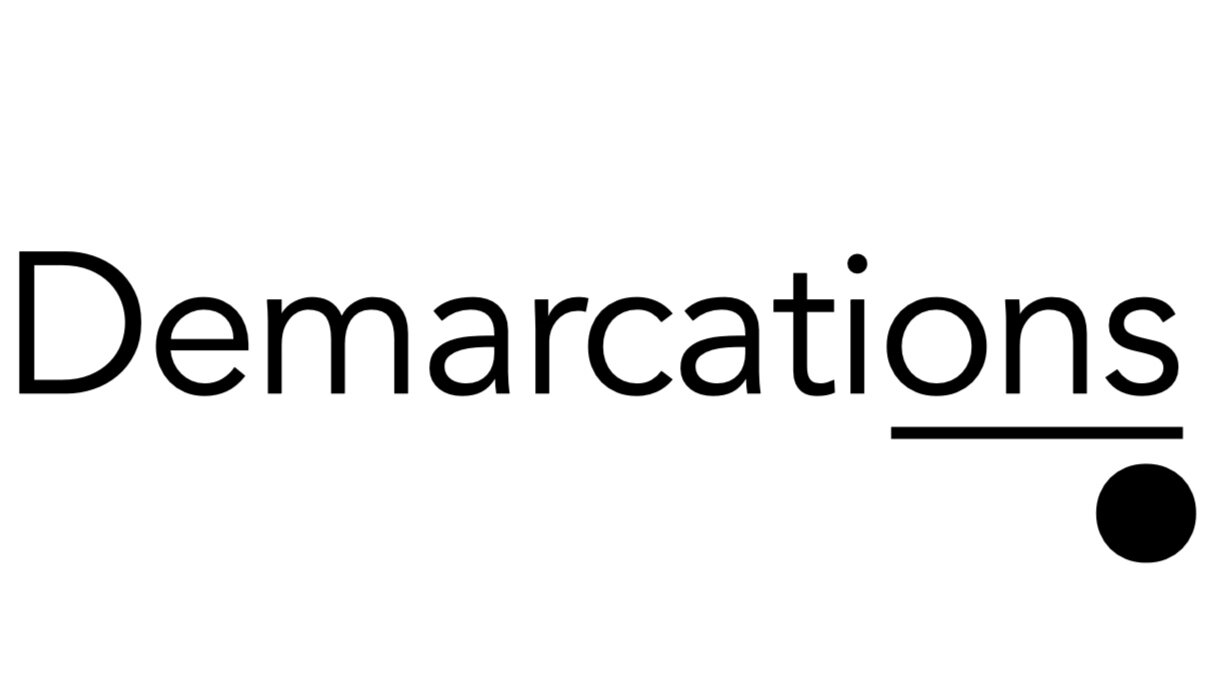Is that unexpected result a stupid mistake, or an expression of the truth? Don't resist anomalous information because it might lead to an epiphany. Jonah Lehrer has the the following advice:
Check Your Assumptions: Ask yourself why this result feels like a failure. What theory does it contradict? Maybe the hypothesis failed, not the experiment.Seek Out the Ignorant: Talk to people who are unfamiliar with your experiment. Explaining your work in simple terms may help you see it in a new light.
Encourage Diversity: If everyone working on a problem speaks the same language, then everyone has the same set of assumptions.
Beware of Failure-Blindness: It’s normal to filter out information that contradicts our preconceptions. The only way to avoid that bias is to be aware of it.
Or as Stephen Covey might say, if things aren't working well, consider whether your paradigm is incomplete on incorrect.
(via Above and Beyond KM)
